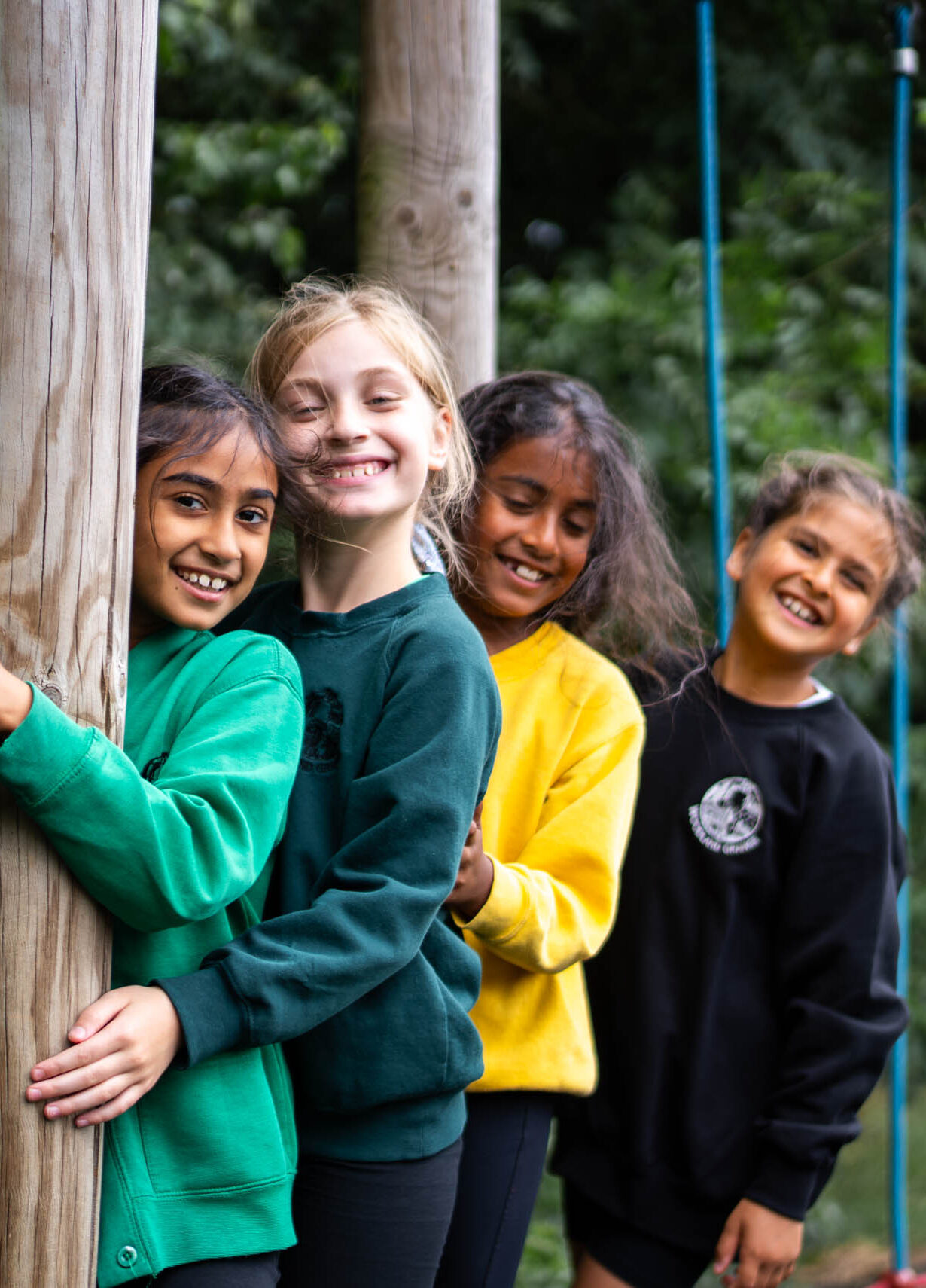
Welcome
Woodland Grange is an exciting and innovative school that is committed to giving our children and families the best opportunities. Our school is a unique place; it has an individual identity where a child centred learning approach is combined with a rich range of learning and creative educational experiences.
We are proud of our standards of behaviour and work, and are totally committed to the full development of all children by offering them the very best start to their formal education; our aim being to provide our pupils with opportunities to establish a lifelong love of learning.
Discover
Find out more about Woodland Grange Primary School
Upcoming Events
What makes Woodland Grange Primary School different?
Outstanding Personal Development, Behaviour & Attitude, as recognised by Ofsted (Feb 2025)
Excellent teacher-led pre-school that ensures our children develop a love of learning that feeds into our EYFS and beyond
Forest School on site with a planned progression for preschool through to Year 2
High quality clubs offer and wrap around care

